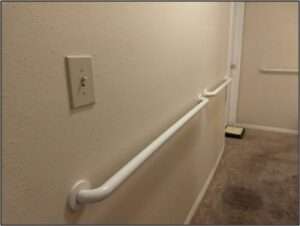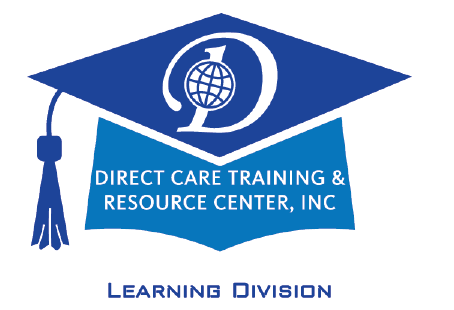Operating a group home can be both rewarding and profitable. These homes serve the most vulnerable among us, including the mentally ill, those with life-long developmental limitations and those dealing with the fragility of old age and Alzheimer’s disease. The major advantage is that people not related to one another can live without the feeling of that large institutional environment.
Yet, even though there is this wonderful service being provided, the entrepreneurial side cannot be neglected. As a group home operator, you need to attract residents, maintain residents and develop a reputation for excellent services. How can you do that? What are the main avenues of success? There are several and we take this opportunity to discuss a few while first pointing you to certain funding mechanisms.
Contracted Services:
Mental Health: Those who enter the business to serve and develop a program for the mentally ill and developmentally disabled contract with a community mental health agency or the equivalent in your state. These agencies will require a description of a program built for effectiveness with a highly person-centered approach to care. You will need to articulate how you will respond to specific resident needs and what you have put in place to support these assertions. Examples of community mental health agencies: www.dwihn.org, www.genhs.org
Your licensing agency will also want a degree of specialization in your program, which will also require that you articulate thoroughly how effectively you will serve the special needs of this highly vulnerable population.
Medicaid Waivers: Medicaid waivers are used to pay for a variety of services designed to help keep the disabled in their communities and out of institutional care, i.e. the nursing home. Residential care or life in adult foster care and similar environments are among the services reimbursed.
This only occurs when you become one of their approved vendors and enter into what some call a Direct Purchase of Service Agreement. These are often Area Agencies on Aging. Examples of Waiver Agents: www.morcinc.org, www.aaa1b.org.
They will require:
- Proof of a responsible program that meets the needs of their caseload
- Professional and general liability insurance coverage
- Worker’s compensation insurance
- Employee Dishonesty Bond or equivalent
- Other requirements
Once they issue a purchase authorization you would commence services and bill at the beginning of the month after services were rendered.
Veterans Administration: While some homes enter into actual agreements with federal departments, others rely upon the individual veteran qualifying for the Aid & Attendance Special Pension, which provides funds for long-term care. These funds can fully pay for or offset the charges of a residential care provider.
Resident’s Own Assets: This is a favorite as it is simple as generating a monthly invoice and providing it to the responsible party for your local check to be written. As with any product or service, those seeking residential care in your home will want to know they are getting their money’s worth.
This will require a strong investment in aesthetics and important safety features.


The cost of care will vary with program type, home type and services rendered. The Michigan average is reported as $3,100.00 per 24-hour period for life in a group home. We have seen more, much more and less. Charges vary widely. How do you determine your charges? Know your costs and contemplate a 25-40% margin, which you need.

Of course, some homes are highly specialized, even serving those who have suffered catastrophic injury. These are specialized due to their behavioral components, attention to special needs and the risk they accept.
They employ and contract with behavioral and medical professionals, including psych nurses and medical social workers. What they operate is not simply a house with three, (3) meals per day, but a program of life management for those who cannot be allowed to function independent of daily assistance.
Are there special success ingredients across the board? Yes, and they are:
- Regardless of your program type, be properly capitalized. Know your expenses and put that aside for the first several months of operation. You do not need to be stressed about paying bills before you begin to fully operate.
- Speak to those who are experienced in the business and who have a genuine interest in your success. They can lend valuable advice.
- Walk through your home and look for potential accidents. You want to do all you can to promote safety.
- Market with aggression.
- Network with seriousness.
You should seek memberships in:
- Guardianship Association
- Paralyzed Veterans of America Association – Your State Chapter
- Brain Injury Association
- Case Management Society of America – Your local chapter
- Area Agency on Agencies Association – Associate Membership
- Where possible, ask if you can conduct an in-person or virtual presentation for these agency members.
- Embrace professionalism. From the appearance of the one who answers the front door to how telephones are answered within your business, have high standards.
- Train your mindset, if necessary, to be welcoming. An inpatient owner will frustrate employees, resident family members, guardians and others.
Of course, there is more which we discuss in regular live events for residential operators. The next is 8:00 a.m. on February 8, 2023. Will you be joining us?
Please keep up with us online:
www.directcareworkertraining.com
Another Blog Post by Direct Care Training & Resource Center, Inc. Photos used are designed to complement the written content. They do not imply a relationship with or endorsement by any individual nor entity and may belong to their respective copyright holders.
| Follow us in the Social Stratosphere… | ||||
|
|





